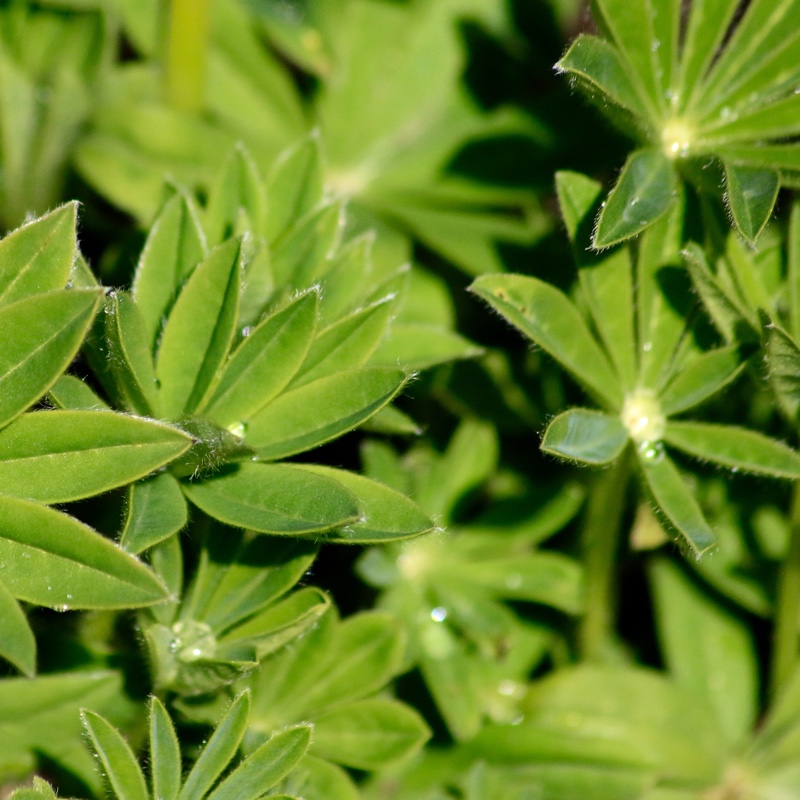
Lupinus 'Noble Maiden'
Lupin 'Noble Maiden'
Beautiful spikes of abundant sweet pea type flowers provide some of the brightest colours to be seen in an early-summer garden. They come in many different striking colours as well as pastel shades. The foliage is palm shaped and can be in various shade of green. 'Noble Maiden' produces dense spikes of creamy-white flowers in early and mid-summer. Noble Maiden is of the Russell 'Band of Noble' series.
Contributed by @crestiesneuk
-
Full sun to partial shade
-
Very little water
-
Frost Hardy: 23F (-5°C)
-
Free draining
Common name
Lupin 'Noble Maiden'
Latin name
Lupinus 'Noble Maiden'
type
Annual
family
Fabaceae
ph
5.0 - 7.6 Acid - Neutral
Plant & bloom calendar
-
Best time to plant
-
When the plant will bloom
full grown dimensions
 0.50 M
1.00 M
0.50 M
1.00 M
Lupinus 'Noble Maiden'
Beautiful spikes of abundant sweet pea type flowers provide some of the brightest colours to be seen in an early-summer garden. They come in many different striking colours as well as pastel shades. The foliage is palm shaped and can be in various shade of green. 'Noble Maiden' produces dense spikes of creamy-white flowers in early and mid-summer. Noble Maiden is of the Russell 'Band of Noble' series.
Flowering Season
From Late Spring TO Late Summer
Lupins flowers come in many different striking colours as well as pastel shades.
Planting Outdoors Spring
From Mid Spring TO Late Spring
Plant out container grown plants in boarders in full sun when risk of frost is passed.
Propagation by seed Spring
From Mid Spring TO Late Spring
Sow seed into flowering position in spring, however lupins grown from seed will not be true to type.
Propagation by seed
From Early Autumn TO Mid Autumn
Sow seed in trays to be planted out in autumn, however lupins grown from seed will not be true to type.
Propagation by cuttings
From Early Spring TO Early Summer
Take soft wood cuttings in spring to early summer. Cleanly cut up to a 10 cm long stems, remove lower leaves and pinch the tip out, dip the stem into rooting hormone, fill a container/pot with suitable compost, make holes around the edge of it and plant the cuttings, water in well, cover with a polythene bag and place somewhere warm, lake the bag off twice a week to air the cuttings. Keep the cuttings moist until well rooted. Harden off when well rooted and pot on into individual pots increasing the airing to let the leaves to develop. Remove rotten, dying or dead cuttings regularly.









